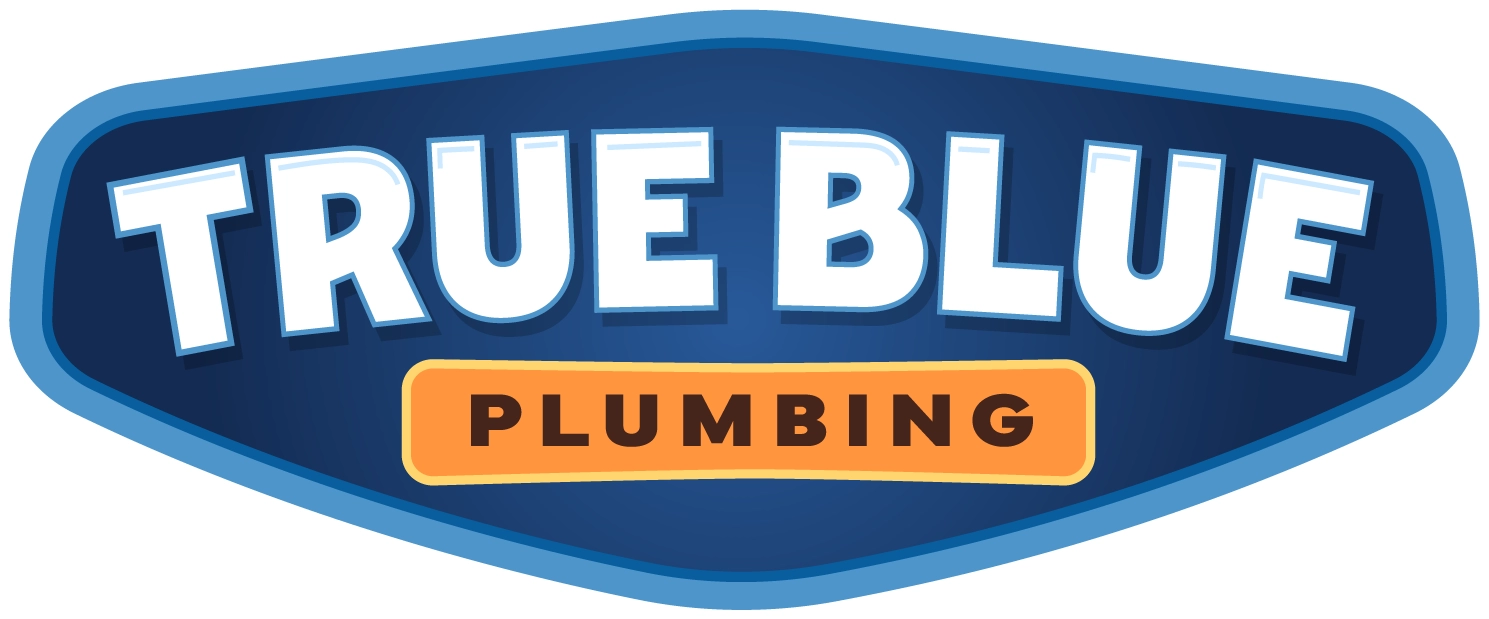Gas plumbing systems represent one of the most critical components of modern building infrastructure. This comprehensive guide explores every aspect of gas plumbing, from fundamental principles to advanced maintenance techniques, ensuring safe and efficient operation throughout the system’s lifecycle.
Understanding Gas Plumbing Systems
Gas plumbing encompasses a complex network of components working together to deliver fuel safely and efficiently. The system’s sophistication requires extensive knowledge and precise maintenance:
- Professional installation requirements ensure compliance with current safety standards and local building codes
- System components include specialized materials designed specifically for gas transportation and distribution
- Multiple safety features incorporate redundant protection layers throughout the system
- Pressure regulation maintains consistent gas delivery across varying demand levels
Essential Components of Gas Plumbing Systems
Modern gas plumbing systems integrate numerous specialized components:
- Main supply lines incorporate heavy-duty materials capable of withstanding environmental stress
- Distribution networks utilize properly sized pipes to maintain optimal pressure levels
- Multiple shut-off valves provide granular control throughout the system
- Pressure regulators ensure consistent gas flow to various appliances
- Connection points incorporate specific safety features preventing improper installation
- Ventilation systems remove combustion products and ensure proper air supply
Advanced Safety Features in Gas Plumbing
Safety features in gas plumbing systems provide multiple protection layers:
- Automated detection systems monitor gas levels continuously
- Pressure sensors identify unusual changes requiring immediate attention
- Emergency shut-off mechanisms activate automatically during dangerous conditions
- Backup systems ensure continued protection during power failures
- Monitoring equipment tracks system performance and identifies potential issues
- Ventilation systems prevent dangerous gas accumulation
Professional Installation Standards
Gas plumbing installation demands rigorous adherence to specific standards:
- Material selection follows strict guidelines ensuring long-term durability
- Installation methods incorporate specific techniques preventing future problems
- Testing procedures verify system integrity before activation
- Documentation requirements maintain detailed records of all work performed
- Certification processes ensure proper system operation
- Inspection protocols verify compliance with all applicable codes
Comprehensive Maintenance Requirements
Proper maintenance ensures continued safe operation:
- Regular inspection schedules identify potential issues early
- Pressure testing verifies system integrity throughout the network
- Component cleaning prevents performance degradation over time
- Professional certification maintains compliance with current standards
- Documentation tracks all maintenance activities and system modifications
- Upgrade assessment identifies potential system improvements
System Integration Considerations
Gas plumbing systems interact with multiple building components:
- Heating systems require specific gas supply configurations
- Water heaters integrate specialized safety features
- Cooking appliances demand precise pressure regulation
- Outdoor connections incorporate weather protection
- Emergency systems provide rapid response capabilities
- Ventilation systems ensure proper combustion air supply
Modern Technology Applications
Advanced technology enhances gas plumbing system safety:
- Smart detection systems provide continuous monitoring
- Remote shut-off capabilities enable quick emergency response
- Usage monitoring identifies unusual consumption patterns
- Pressure sensors track system performance continuously
- Temperature monitoring prevents freeze damage
- Communication systems alert professionals to potential issues
Professional Assessment Protocols
Expert evaluation incorporates multiple assessment factors:
- Age-related degradation requires specific attention
- Usage patterns influence maintenance schedules
- Environmental conditions affect system performance
- Material compatibility ensures proper operation
- Pressure requirements maintain optimal flow
- Safety features receive thorough evaluation
Emergency Management Systems
Comprehensive emergency protocols protect property and occupants:
- Rapid response procedures prevent dangerous situations
- Professional teams provide immediate assistance
- Communication systems alert relevant authorities
- Documentation tracks emergency events
- Recovery procedures restore safe operation
- Prevention measures reduce future incidents
System Enhancement Opportunities
Modern improvements provide multiple benefits:
- Efficiency upgrades reduce operating costs
- Safety improvements incorporate latest technology
- Monitoring systems provide detailed performance data
- Control systems enable precise operation
- Integration capabilities expand system functionality
- Remote access features improve response time
Installation Methodology
Proper installation follows specific procedures:
- Site evaluation determines optimal system configuration
- Material selection ensures long-term reliability
- Connection methods prevent future problems
- Testing protocols verify proper operation
- Documentation maintains detailed records
- Certification ensures code compliance
Environmental Impact Considerations
External factors influence system design:
- Temperature variations affect system performance
- Ground movement requires flexible solutions
- Moisture protection prevents deterioration
- Ventilation requirements ensure proper operation
- Weather protection extends system life
- Soil conditions influence installation methods
Regulatory Compliance Requirements
Gas plumbing systems must meet strict standards:
- Local codes specify installation requirements
- Safety regulations mandate specific features
- Professional licensing ensures proper expertise
- Documentation demonstrates compliance
- Regular inspections verify continued conformance
- Updates incorporate new requirements
Performance Optimization Methods
Maintaining optimal operation requires specific procedures:
- Regular testing verifies system integrity
- Pressure adjustment ensures proper flow
- Component maintenance prevents degradation
- Professional inspection identifies issues
- System updates improve efficiency
- Documentation tracks performance metrics
Long-term Planning Strategies
Future considerations influence current decisions:
- Expansion capabilities accommodate growth
- Technology integration improves functionality
- Upgrade paths incorporate new features
- Maintenance schedules prevent problems
- Documentation supports future modifications
- Training ensures proper operation
Documentation Management
Proper record-keeping supports system maintenance:
- Installation records provide reference information
- Maintenance logs track system history
- Modification documentation ensures accuracy
- Testing results verify performance
- Inspection reports maintain compliance
- Emergency records track incidents
Professional Service Advantages
Expert service provides significant benefits:
- Technical expertise ensures proper repairs
- Safety certification maintains compliance
- Emergency response prevents dangers
- Regular maintenance prevents problems
- System updates improve performance
- Documentation maintains records
Gas Appliance Integration
Proper appliance installation requires specific considerations:
- Supply line sizing ensures adequate flow
- Pressure regulation maintains proper operation
- Connection methods prevent leaks
- Ventilation systems remove combustion products
- Safety features protect equipment
- Testing verifies proper function
Protection System Components
Multiple safety features protect gas plumbing systems:
- Automatic shutoffs prevent dangerous conditions
- Pressure relief prevents system damage
- Leak detection identifies problems early
- Ventilation prevents gas accumulation
- Monitoring systems track performance
- Emergency systems provide protection
Advanced Diagnostic Methods
Modern diagnostic tools improve system maintenance:
- Electronic testing equipment provides accurate results
- Pressure monitoring tracks system performance
- Leak detection identifies small problems
- Flow measurement ensures proper operation
- Temperature monitoring prevents damage
- Documentation tracks diagnostic results
System Life Cycle Management
Long-term management ensures continued safe operation:
- Regular maintenance prevents deterioration
- Component replacement maintains reliability
- System updates improve functionality
- Documentation tracks system history
- Professional service ensures compliance
- Planning prevents future problems
Conclusive Recommendations
Gas plumbing systems require professional attention throughout their operational life. Understanding system components, maintenance requirements, and safety protocols ensures proper function and prevents dangerous situations. Regular professional service maintains system integrity and ensures continued safe operation. Implementation of modern technology and adherence to strict safety protocols protects property and occupants while maintaining efficient system operation.
For expert gas plumbing services, contact True Blue Plumbing at (770) 544-9223. Our licensed gas plumbing professionals provide comprehensive installation, maintenance, and repair services. We maintain full compliance with all current safety standards and building codes while utilizing the latest technology and techniques. Available 24/7 for emergency gas plumbing needs throughout the metropolitan area, we ensure your gas plumbing system maintains safe, efficient operation year-round. Visit our website or call today to schedule professional gas plumbing service.


